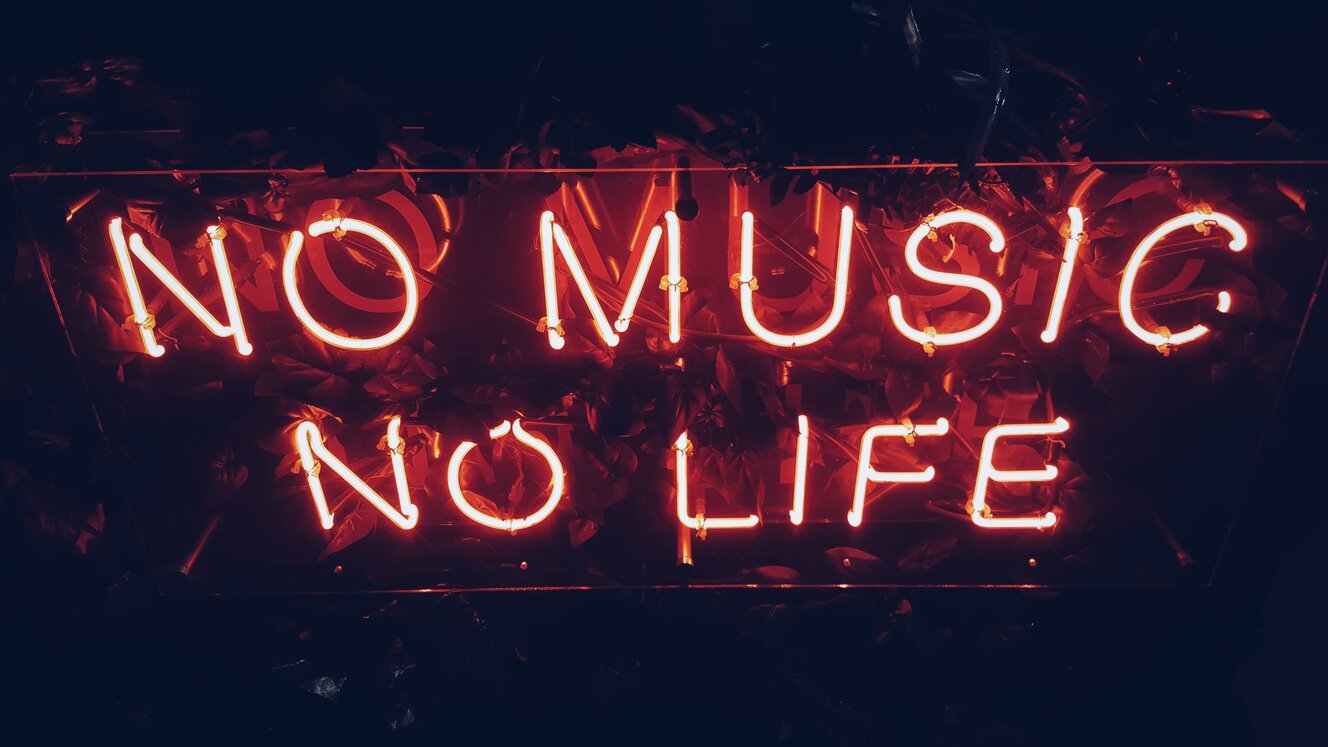Music and Mental Health: Exploring the Therapeutic Benefits of Sound
Music and Mental Health: Exploring the Therapeutic Benefits of Sound
Imagine pulling an all-nighter for an essay, and just when you’re about to give up, a motivational song pops up on your playlist. Suddenly, you’re re-energized, typing away fervently. Heck, some of us even look up essay writing service review with a song playing in the background. But what if I told you that this bond between us and music goes deeper than mere enjoyment? In fact, music has significant therapeutic benefits, especially concerning our mental health. 
The Science Behind Music and Emotion
It’s not just magic or sentiment – there’s genuine science backing the effects of music on our brains.
Brain Waves in Sync
When we listen to rhythms and beats, our brain waves tend to synchronize with these beats. This synchronization can lead to improved concentration, relaxation, and even sleep.
Release of Neurotransmitters
Songs we love or resonate with can trigger the release of dopamine – the feel-good neurotransmitter. This is why a favorite track can lift our mood almost instantly.
The Concept of Music Therapy
Certified therapists utilize music to address emotional, cognitive, and social needs. How it Works:
- Active Participation. This might involve singing, playing instruments, or even dancing.
- Listening. Passive engagement when individuals react to the melodies.
- Songwriting. An expressive outlet to convey feelings, experiences, or stories.

Benefits of Music for Mental Health
Music isn’t just for entertainment. Its positive impacts on mental health are manifold:
- Stress Reduction. Slow-tempo tunes, especially classical or instrumental ones, can educe cortisol levels (a stress hormone).
- Improved Sleep. Gentle music at bedtime can combat insomnia, leading to deeper, more restful sleep.
- Enhanced Cognitive Performance. Upbeat music can enhance the brain’s performance during tasks requiring concentration.
- Mood Regulation. Music can elevate moods, offering relief from conditions like depression.
- Anxiety Relief. Familiar and comforting songs can create a sense of safety and reduce anxiety levels.
Tunes for Different Moods
It’s no secret that music has the power to mirror our emotions and even steer them in specific directions. Let’s dive deeper into curating the perfect soundtrack for various moods.
Feeling Stressed or Overwhelmed?
Opt for soothing genres that can provide a calming ambiance:
- Classical Symphonies. Compositions like Debussy’s “Clair de Lune” or Beethoven’s “Moonlight Sonata” can be deeply calming.
- Acoustic & Unplugged Versions. Stripped-down versions of popular songs often offer a raw and calming experience.
- Nature Sounds and Melodies. Tracks that incorporate the sound of rain, waves, or rustling leaves can help you feel grounded.
Need a Mood Boost or Feeling Low?
These tracks can inject a dose of happiness:
- Upbeat Pop. Think of tracks like Pharrell Williams’ “Happy” or Katrina and the Waves’ “Walking on Sunshine.”
- Classic Rock. Electric guitar riffs and drum solos in tracks like Queen’s “Don’t Stop Me Now” or AC/DC’s “You Shook Me All Night Long” can elevate one’s spirit.
- Dance Tracks. Whether it’s old-school disco or modern EDM, tracks that make you want to move can uplift your mood instantly.
Seeking Focus or Diving Into Deep Work?
Background tracks can help you dive deep without diverting your attention:
- Instrumental & Ambient Music. Songs without lyrics, like post-rock bands such as Explosions in the Sky or movie scores by Hans Zimmer, can be perfect.
- Lo-fi Beats. This genre, which often mixes smooth beats with ambient noises, like cafe sounds or rain, is a favorite among students.
- Classical Baroque Music. Studies suggest that the structured rhythms of baroque music can enhance concentration and cognitive function.
Feeling Reflective or Nostalgic?
Sometimes, we need tracks that mirror our introspective moments:
- Singer-Songwriter Tunes. Listen to lyrically rich songs from artists like Bob Dylan, Joni Mitchell, or even Billie Eilish.
- Jazz & Blues. The soulful tunes of artists like Miles Davis or B.B. King can accompany moments of reflection beautifully.
- Soft Rock & Ballads. Tracks from bands like Eagles, Fleetwood Mac, or solo artists like Elton John can evoke a plethora of emotions and memories.
Remember, the beauty of music lies in its subjectivity. What may be calming for one person might be energizing for another. The key is to explore, understand your own reactions, and curate your perfect playlist based on what resonates with you personally.
](../../images/articles/20231024-08.jpg)
Bringing Music Into Your Everyday Life
Let’s show you how you can weave music seamlessly into your life and yield its therapeutic benefits.
Musical Exercises and Routines
Much like physical exercises, musical exercises can provide a structured approach to enjoying and understanding music:
- Sound Journaling. Every day, pick a song that resonates with your current emotions or experiences. Write a brief note about why you chose it. Over time, this journal becomes a powerful reflection of your emotional journey.
- Tonal Meditation. Focus on one instrument in a song and try to follow its journey throughout the track. This enhances active listening and mindfulness.
Integrating Music in Chores
Transform mundane tasks into enjoyable experiences:
- Cooking Rhythms. Make a cooking playlist. Dance around the kitchen and let the music guide your culinary process.
- Cleaning Beats. Upbeat tracks can make cleaning or organizing less tedious. Plus, a little dance with the broom never hurt anybody!
Music as a Social Bond
Using music as a medium of connection can deepen relationships and create shared experiences:
- Song Exchange. Start a tradition among friends where you exchange one song daily. It’s a beautiful way to share feelings without words.
- Collaborative Playlists. Platforms like Spotify allow collaborative playlist creation. This can be a fun activity among roommates or study groups.
Personalized Musical Projects
Taking a hands-on approach to music can be both therapeutic and rewarding:
- DIY Instruments. Try your hand at creating simple instruments at home, like shakers or drums.
- Digital Music Creation. Platforms like GarageBand make it easy for even novices to experiment with music creation. Who knows? You might discover a hidden talent.
Summing It Up
Music's therapeutic prowess is undeniable, from the beats that make us tap our feet to the melodies that evoke deep emotions. So, the next time you’re grappling with a tough day, use essayhub and let music be your refuge.
Dive into its vast ocean, let the waves of sound wash over you, and emerge rejuvenated. Whether you’re a listener, a singer, a dancer, or a musician, never underestimate the power of a good tune to heal, inspire, and transform.